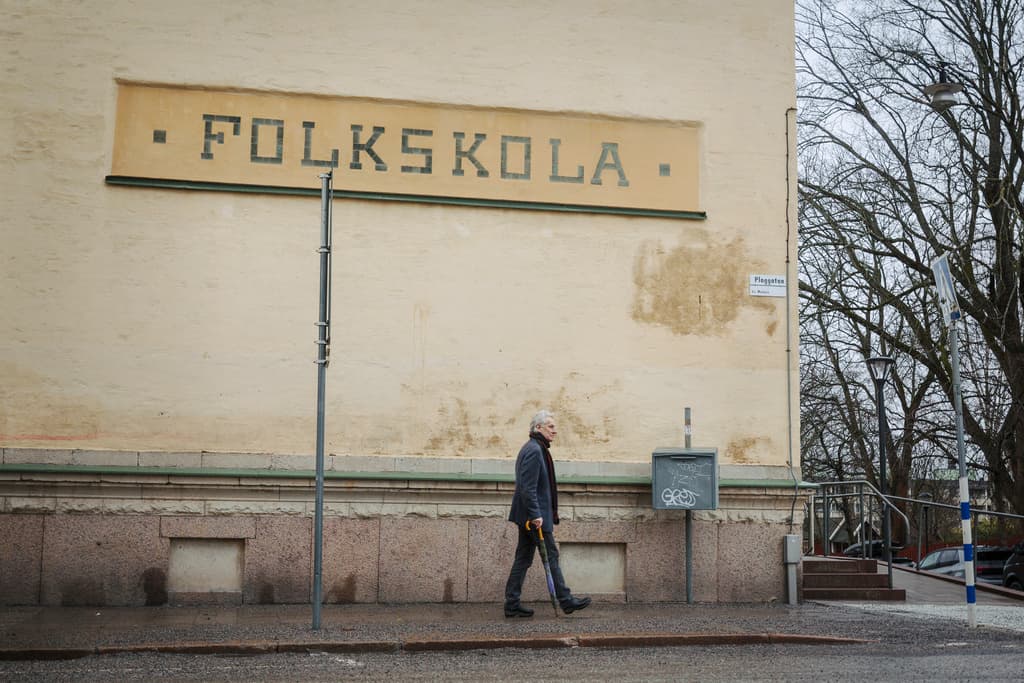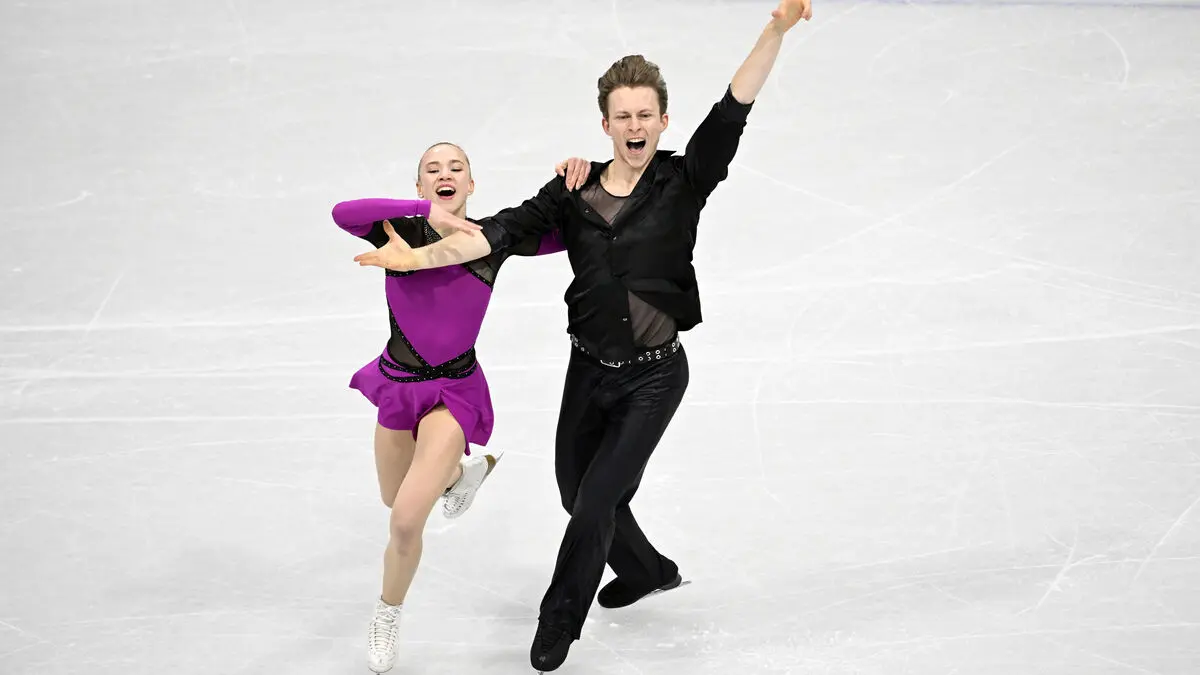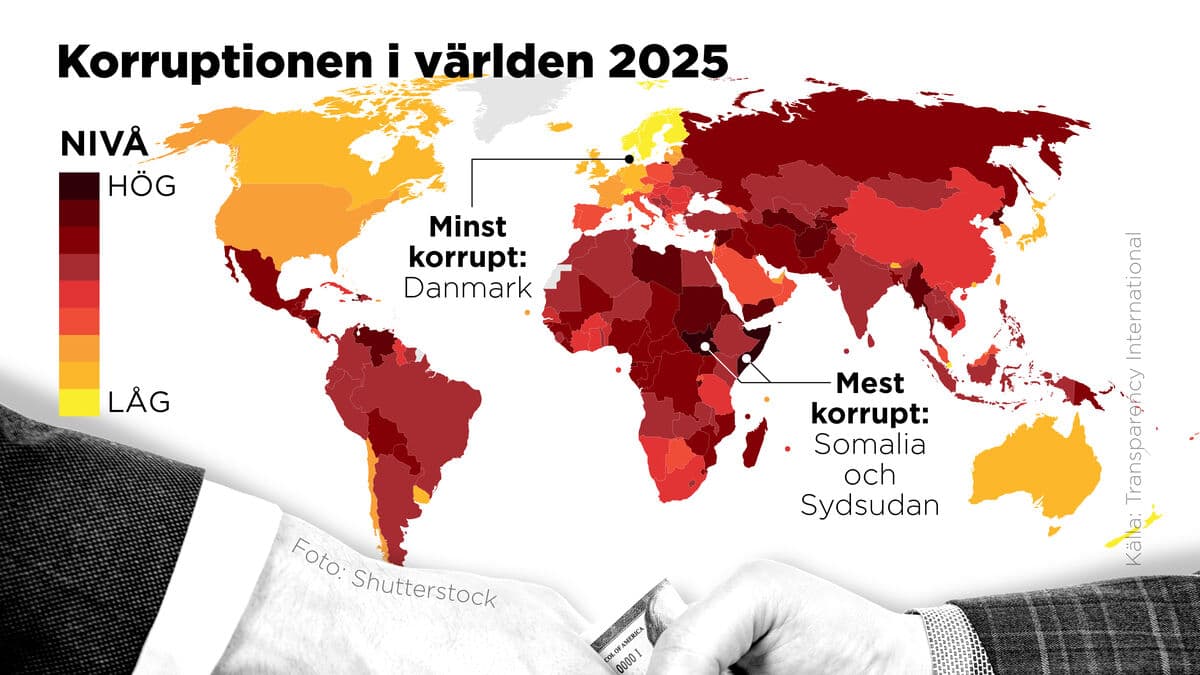The question of a Swedish cultural canon has been driven by The Christian Democrats and The Sweden Democrats, and in the Tidö Agreement, the government and The Sweden Democrats decided that expert groups within different areas should develop such a canon.
What are the political arguments?
The Christian Democrats see it as a "Swedish classic list" that should function as a common reference point in a time of increased cultural diversity. The Sweden Democrats' cultural policy spokesperson, Alexander Christiansson, is calling for a focus on Swedish culture.
There has been a demographic change that has affected our identity as a Swedish people, he has said.
What do the critics say?
Sweden's cultural creators have jointly taken a stand against a Swedish cultural canon, which they see as limiting breadth, diversity, and variation.
Mats Malm, permanent secretary of the Swedish Academy, believes that a national canon puts ideology before literature's own power. In a debate article in DN, he advocates for a "broad canon" that grows organically over time, rather than a "narrow, Swedish canon". Lars Trägårdh is not impressed by the criticism on cultural pages and highlights that he meets with great interest when he lectures.
How will it be done?
The government has appointed a committee to develop a "tool for education, community, and inclusion" – Swedish culture is to be made accessible to more people. The committee will appoint expert groups to select works. The general public is also invited to submit proposals.
What will it look like?
According to Lars Trägårdh, it could partially be published as a book. The committee is also looking at the Netherlands' historical canon, which is digital, allowing for in-depth exploration.
The input from the general public (so far, including bandy and the cultural phenomenon of kale) could become a separate book, "a lightly anarchic collection of high and low", according to Lars Trägårdh, who emphasizes that the public's proposals should be met with respect.
How will it be used?
Lars Trägårdh sees school as "perhaps the most important" area. He highlights that Swedish schools have not had common teaching materials since the 1980s. He also believes that a canon would be useful for immigrant groups.
We have 25 per cent of foreign-born individuals coming to Sweden today who unfortunately have been given rather scant information about Swedish culture, which is not a good basis for integration.
What will it cost?
For 2024, there is a budget of 3 million kronor, and the committee is currently working on specifying a budget for the entire assignment.
The committee's work is led by Lars Trägårdh, professor of history, who has four members to his aid: Gunilla Kindstrand, journalist, Marlen Eskander, operations manager at the Reading Promotion Institute, PJ Anders Linder, editor-in-chief of Axess, and Peter Luthersson, associate professor of literature.
The Swedish cultural canon should be submitted to the Ministry of Culture by 31 August 2025 at the latest.






